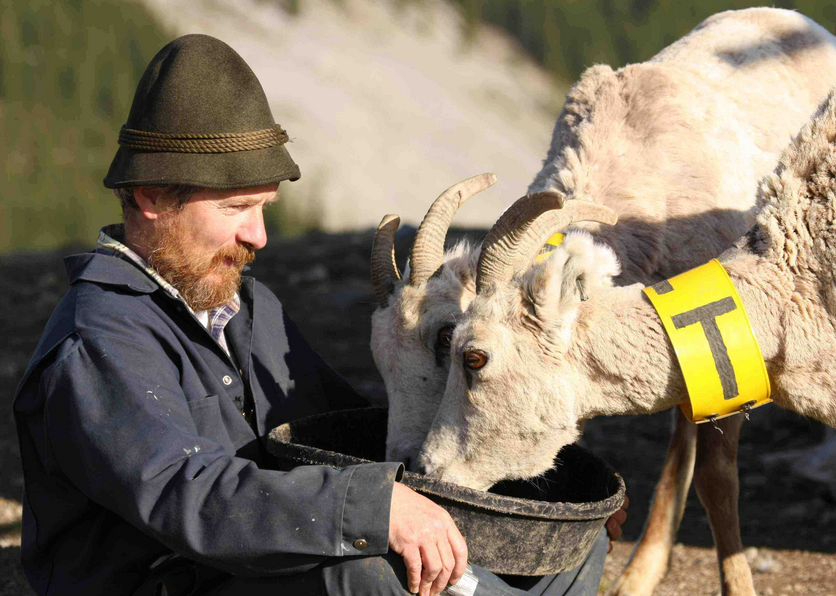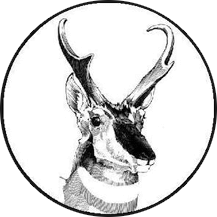The 2016 Aldo Leopold Award, Dr. Marco Festa-Bianchet, Professor of Biology, Université de Sherbrooke, Québec, Canada. Dr. Festa-Bianchet has focused on understanding how ecological change and selective pressures may affect the population biology and reproductive strategies of mammals. He and his more than 40 graduate students have used critical tests of ecological and evolutionary theory as a basis for pressing conservation and management issues in Canada, Europe, Australia, and elsewhere. Much of his work has emphasized the importance of individual responses of wildlife, especially ungulates, through long-term monitoring of marked individuals. Dr. Festa-Bianchet’s studies of the evolutionary impact of trophy hunting are well known and have demonstrated how hunters can affect morphology and life history and ultimately may be detrimental to local populations. His highly influential contributions have caused wildlife managers to re-examine the potential ecological and evolutionary impacts of harvest management strategies.
 Dr. Festa-Bianchet’s efforts to translate research into conservation policy have been critical in Canada and globally. In Canada, he was elected Chair of the Committee on the Status of Endangered Wildlife in Canada for two terms (2002-2006) and co-Chair Terrestrial Mammals Species Subcommittee. While leading these committees, Dr. Festa-Bianchet carefully assembled expertise on threatened species and then guided his committee’s efforts to develop thoughtful and effective conservation plans for Canada’s terrestrial mammals throughout the first decade of the 21st Century. For more than 15 years, he also has served as Chair of the IUCN\SSC Caprinae Specialist Group and he is on the Scientific Advisory Committee of the World Wildlife Fund. His many students have moved into prominent roles in academia, government, and private industry, where they continue to contribute to the conservation of mammalian biodiversity. In total, Dr. Festa-Bianchet’s research, mentoring, and public service activities over the past three decades have significantly impacted the conservation of mammals (and other organisms).
Dr. Festa-Bianchet’s efforts to translate research into conservation policy have been critical in Canada and globally. In Canada, he was elected Chair of the Committee on the Status of Endangered Wildlife in Canada for two terms (2002-2006) and co-Chair Terrestrial Mammals Species Subcommittee. While leading these committees, Dr. Festa-Bianchet carefully assembled expertise on threatened species and then guided his committee’s efforts to develop thoughtful and effective conservation plans for Canada’s terrestrial mammals throughout the first decade of the 21st Century. For more than 15 years, he also has served as Chair of the IUCN\SSC Caprinae Specialist Group and he is on the Scientific Advisory Committee of the World Wildlife Fund. His many students have moved into prominent roles in academia, government, and private industry, where they continue to contribute to the conservation of mammalian biodiversity. In total, Dr. Festa-Bianchet’s research, mentoring, and public service activities over the past three decades have significantly impacted the conservation of mammals (and other organisms).
